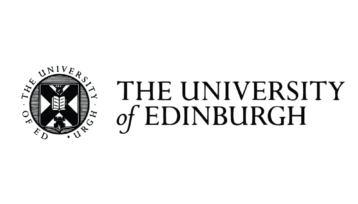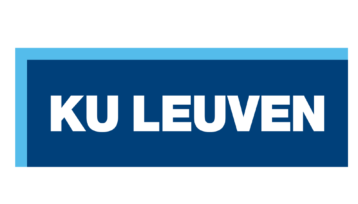PhD position ‘trust-building strategies in societal crisis dynamics’
PhD @University of Twente posted 3 weeks agoJob Description
Are you fascinated by better understanding and managing the societal dynamics surrounding crises such as violent extremism, pandemics, and natural disasters? Do you have a background in (social) psychology, communication science or a similar field? Would you like to conduct research within a large and multidisicippinary consortium on how societies can adaptively respond to various crises?
As part of the NWO Gravitation project Adapt!, we are looking for a engaged PhD researcher who is interested in the societal dynamics surrounding crises such as violent extremism, pandemics, and natural disasters.
As a crisis unfolds, tensions in society can quickly increase, escalating into stronger positioning, heated public debate, and physical frictions. As such, societies are likely to be confronted with social conflict encounters, varying from ‘playful’ activities (e.g., ‘souping’ pieces of art) to grim protest demonstrations or riots.
Trust and the perceived legitimacy of institutions play a key role in the dynamics of crisis conflict: waning trust in the parties handling the crisis is usually a driving force, and trust-building strategies in such crisis situations are key to resolving the incidents peacefully and restoring civic trust, social cohesion, and perceptions of institutional integrity. However, the latter is difficult to accomplish. Professional interventions from authority figures at the scene (e.g., the police) tend to escalate rather than de-escalate conflicts, particularly when such dynamics unfold in the public domain: media coverage and online amplification of perceived trust violations often serve as pressure tactics, intensifying conflict. As these dynamics are witnessed by an audience of traditional and social media, as well as side-taking and neutral publics, they may fuel further escalation and profoundly shape public perceptions. Understanding and influencing these dynamics requires attention to both relational trust and narrative authority. A key question of this PhD project is how such escalatory processes can be turned.
Activities are:
- Integrating the literature from different research lines, notably the role of trust violations in radicalisation processes, research on influence and repair strategies of frontline professionals (e.g., religious leaders, healthcare workers, and police (hostage) negotiators), and the emerging field of group polarisation and protest movements.
- Developing an overarching conceptual framework for trust-building strategies in escalated and mediatized crisis dynamics.
- Calibrating the framework developed with recordings of such interactions and interviews with key stakeholders.
- Testing the effectiveness in field studies, with attention to situational and cultural adaptivity, and the interaction between online and offline dynamics and public perception
The PhD will be based in the research group Psychology of Conflict, Risk and Safety and offers a 4-year fulltime PhD position focusing on trust-building interventions in societal crisis dynamics.
Information and application
If you would like more information, please contact prof.dr. Ellen Giebels at e.giebels@utwente.nl.
Are you interested in this position? Please apply no later than 23 May 2025 via the button below and attach:
- a cover letter, highlighting your specific interest, qualifications and motivation to apply for this position;
- a detailed CV including contact details of two references.
- a written example to showcase your research and writing skills.
Interviews are scheduled for 5 June 2025 (first round) and the morning of 12 June 2025 (second round).
The preferred start date of the project is September 1, 2025, but in consultation it is possible to start somewhat later.



